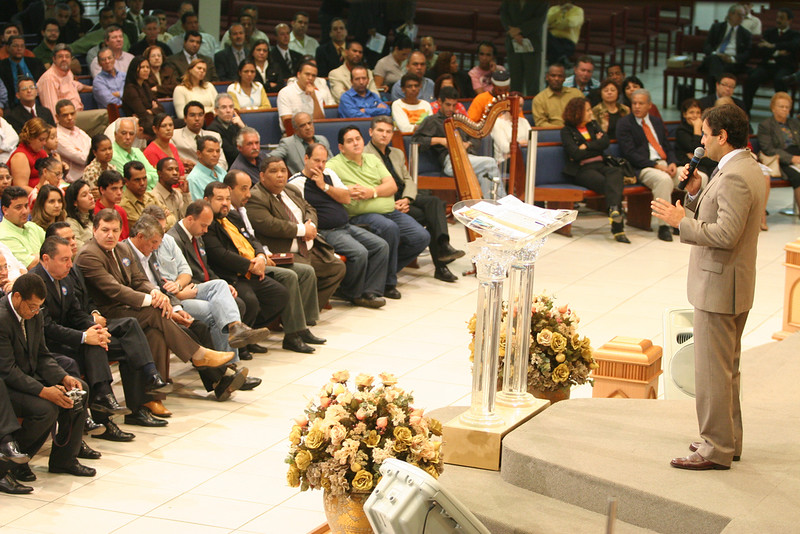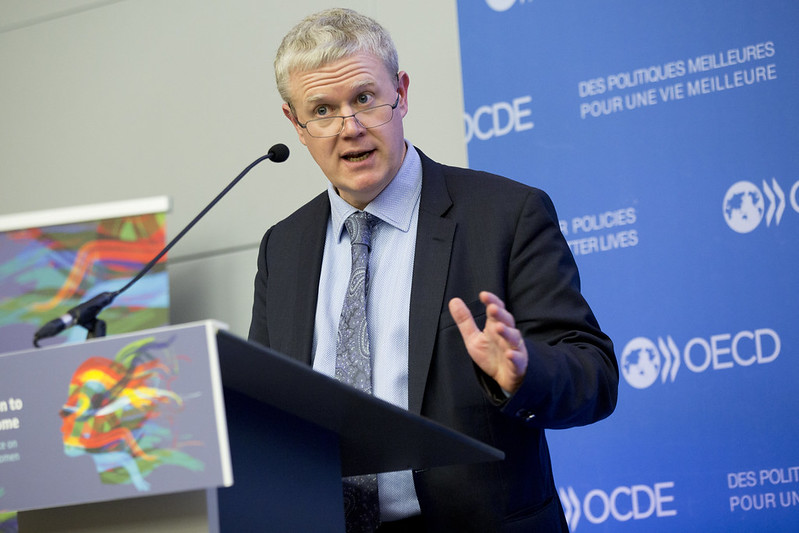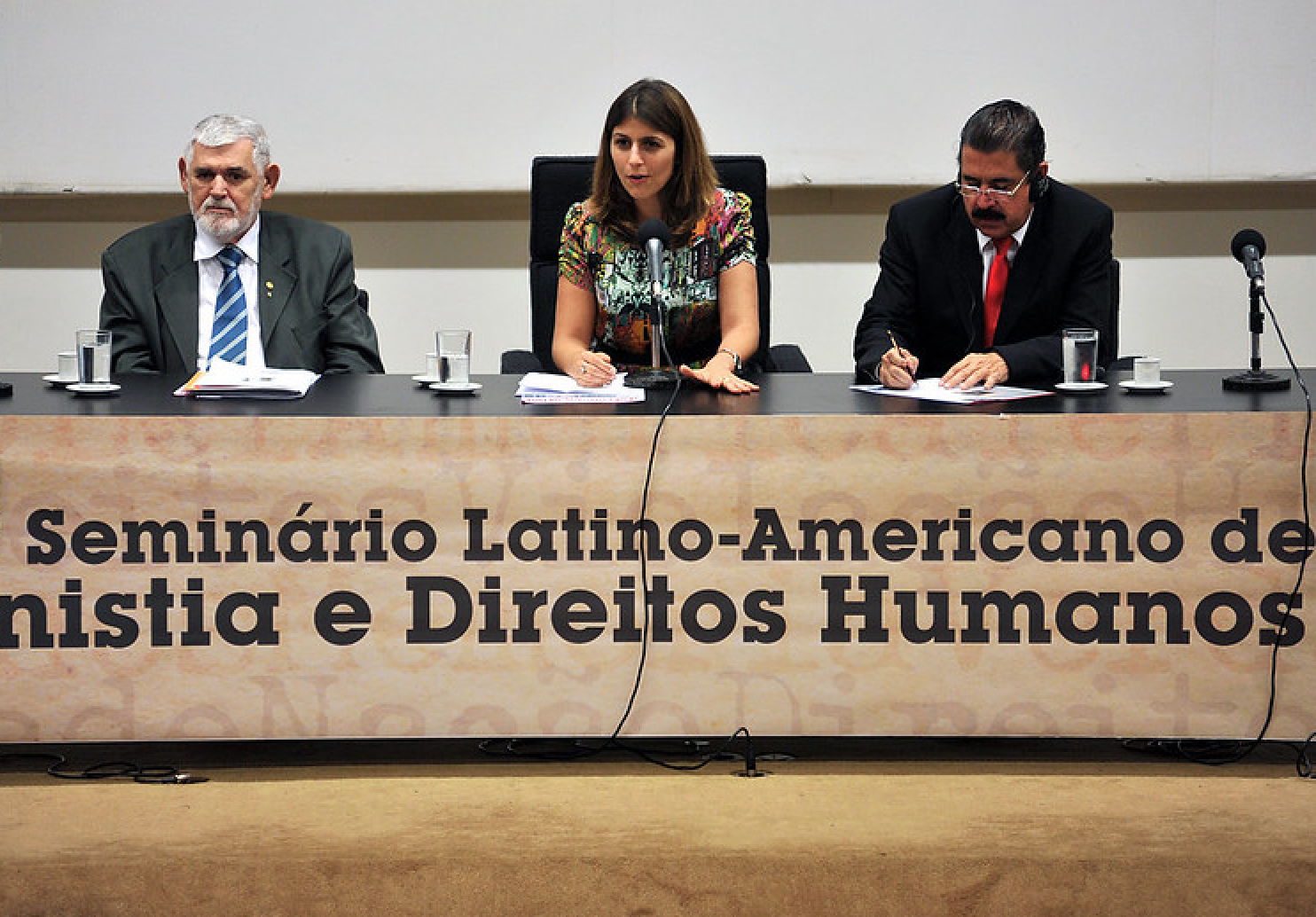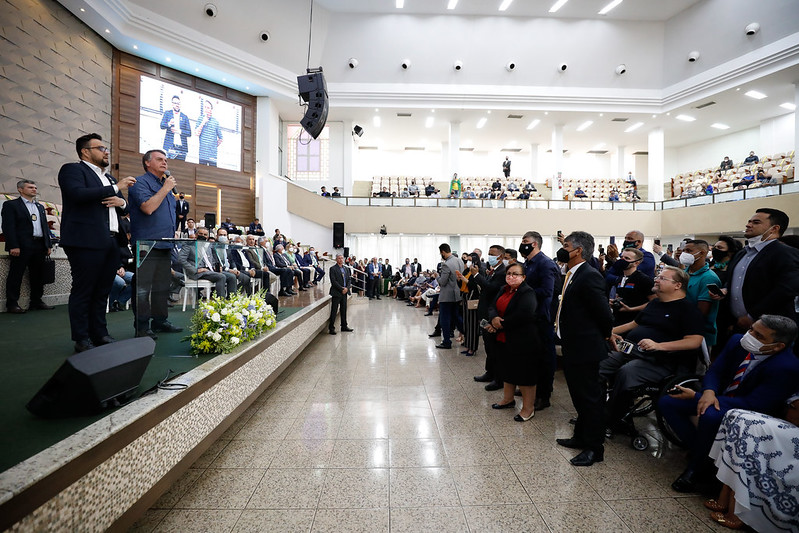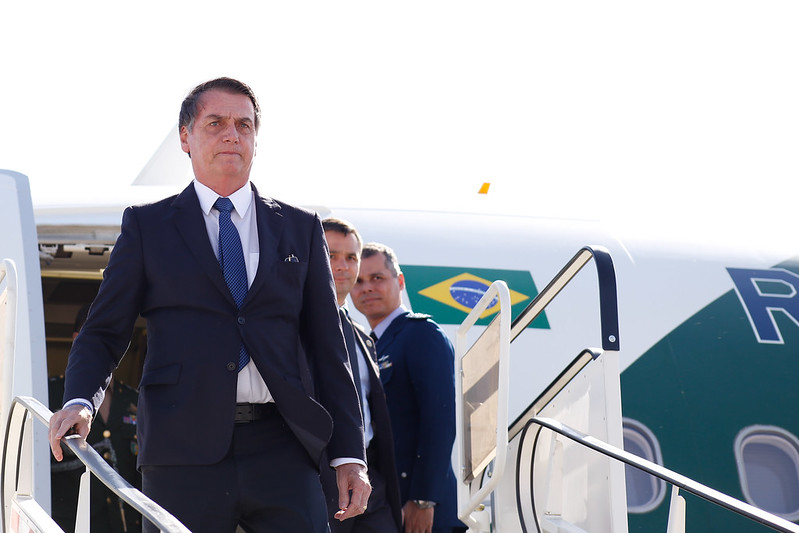Imakay Research Hub
Artigo
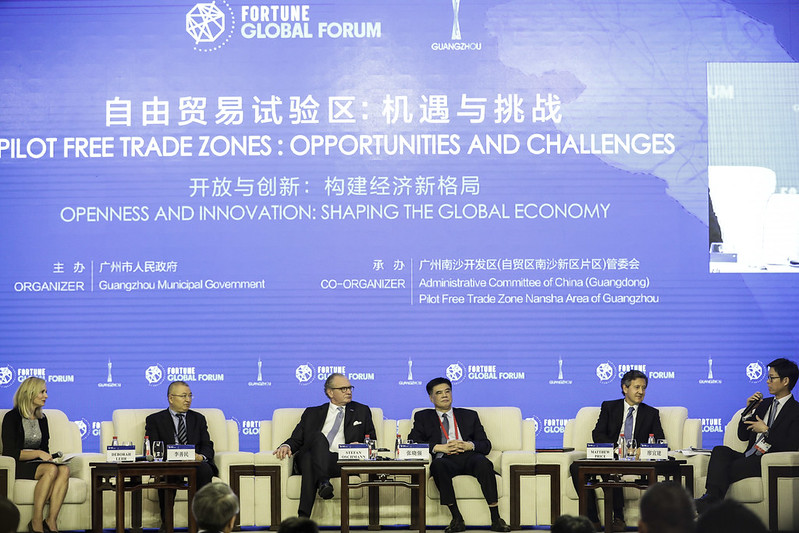
Why Brazil’s largest trading partner was not mentioned in the election programs of the presidential candidates
28/10/2022
Manoel Schlindwein, PhD candidate in International Relations (IRI-USP)
After successive and impressive milestones of growth and economic vitality, those who think that China has reached its limit are mistaken. Recently released indicators illustrate how the Chinese appetite remains insatiable. The year 2022 marked the moment when the country surpassed the United States in the quality and quantity of scientific production and the reported profits of its companies – the previous year, it was the turn of the Americans to take away the status of the European Union’s largest trading partner. Despite the Middle Kingdom’s unquestionable consolidation as a global superpower and, consequently, as a strategic trade partner for any nation, China was overlooked in the election programs of the candidates for the presidency of Brazil in what is considered the most important election since the redemocratization of the country in 1988.
The finding came from a Folha de São Paulo newspaper report published at the end of August. Brazil’s “largest trading partner and central piece in the global chessboard” was not mentioned in the programs of the four presidential candidates best placed in the electoral dispute according to the Datafolha research institute. The lack of references to the Asian giant draws particular attention to economic issues. First, it should be noted that China has been Brazil’s main trading partner since 2009. In addition, China is also the main investor in the country, having invested around 71 billion dollars in the country between 2003 and 2019. What’s more, Brazil was the leading destination for China’s investments in the world in 2021, with a 13.6% share of the total, surpassing the Netherlands (10.5%), Colombia (9.1%) and Indonesia (5.9%). China is also Brazil’s biggest buyer: in 2021 alone, nearly 87.7 billion dollars were spent on products, especially those linked to the mining and agribusiness sectors. Finally, it is worth remembering that almost half of China’s investments in South America are made in Brazil.
The “notable absence”, as recorded by the newspaper, can be seen by looking at the election programs of the current president and candidate for reelection, Jair Bolsonaro (PL), the leader of the polls and former president Luiz Inácio Lula da Silva (PT), Ciro Gomes (PDT) and Simone Tebet (MDB). In none of them, the country is mentioned – by legal determination, all documents were submitted to the Superior Electoral Court (TSE) and are available for consultation by the population.
In the case of the first candidate, the topic dedicated to foreign policy states that Brazil will continue to seek “markets, sources of investment and cooperation partnerships with countries around the world, especially those with the greatest capacity to contribute to national development” and also with those in which “strong cultural and historical ties” can be observed, as well as those in the “geographical surroundings in the Americas and the South Atlantic”. In general, he chose to use a less radical tone than he has used throughout his mandate and even the one used in his 2018 program.
In turn, the proposal of the Workers’ Party candidate refers to the defence of the integration of South America, Latin America and the Caribbean in order to “maintain regional security and the promotion of integrated development”. The strengthening of Mercosur, Unasur, Celac and Brics is advocated, in addition to “working for the construction of a new global order committed to multilateralism, respect for the sovereignty of nations, peace, social inclusion and environmental sustainability, which takes into account the needs and interests of developing countries”. In short, the candidate resumes the foundations of what has been called the “active and haughty foreign policy”, implemented during his term as president between 2003 and 2011.
Simone Tebet’s proposal, the female candidate best placed in the polls, cites the intention to strengthen Latin American integration, promote integration and investments in infrastructure in South America and consolidate Mercosur. The candidate also mentions the proposal to reinvigorate the country’s role in the World Trade Organization (WTO), recover the prestige of Brazilian diplomacy in various international forums, engage in discussions in plurilateral groups such as G-20 and Brics and, finally, advance in the process of accessing the OECD.
The proposal submitted by Ciro Gomes to the TSE briefly mentioned foreign policy within what the candidate defines as a new National Development Project for the country. In this regard, Brazil is expected to reach development indicators similar to those Portugal had in 2020. To that end, it is specifically proposed that, among other things, “sustainable economic growth be made possible, always in a sovereign manner to other countries”. The election program of Ciro Gomes also mentions that trade and diplomatic negotiations should follow two fundamental principles: “the defense of national interests and the sovereignty of the country”.
Thus, based on the analysis of the candidates’ proposals, it is possible to notice that China is not mentioned, even though its relevance for Brazil (and the world) is significant. But what would be the reason for this absence? The fact of not mentioning it would be a deliberate choice, suggests the researcher Wesley Sá Teles Guerra, coordinator of the Galician Observatory of Lusophony, in the aforementioned article in Folha de São Paulo. He believes that not mentioning the Chinese would be “a form of caution”, since “a mention of the country could be read by the international community as a manifestation of direct alignment or support”.
In the first edition of the dossier “Foreign policy and regionalism: the programs of presidential candidates in the elections”, prepared in 2018 by the Regionalism Observatory (ODR), a relevant statement was highlighted: “foreign policy does not win elections”. Right at the presentation of the second edition of the dossier, with the election programs of the candidates for 2022, professor Cairo Junqueira of the Department of International Relations at the Federal University of Sergipe (DRI/UFS) notes that the statement deserves to be revised: “foreign policy does not win elections, but it can influence them”.
He argues that, in 2018, issues related to diplomacy, once secondary factors, began to foster “heated debates in the presidential race due to political polarization and the new position of Jair Bolsonaro, who would become the next president-elect. One notices, in particular, the fact that by incorporating the ideas of Olavo de Carvalho, a kind of intellectual mentor of Bolsonaro’s, the president’s performance on issues related to foreign policy broke with traditional principles, such as self-determination, respect for international treaties, multilateralism, international cooperation, peaceful resolution of disputes, pragmatism and cordiality with regional neighbors. The author states that these “hallmarks” have changed under Jair Bolsonaro.
Researchers Heithor Erthal and Luan Oliveira Pessoa, from the same ODR dossier, observe that, although Bolsonaro’s proposals for this year’s election maintain right-wing conservatism and economic neoliberalism, the “conservative-anti-communist ideological factor is no longer the program’s ordering principle”. The authors point to a professionalization of the campaign in dealing with the issue, even if not mentioning China in the election program is a predictable choice. It is worth noting that, throughout Bolsonaro’s mandate, there was no shortage of opportunities in which he, his sons and members of his government insulted or insinuated unfounded criticism of the country.
Therefore, the very manner in which Brazilian foreign policy was conducted by Bolsonaro is another factor that helps explain why China was not prioritized in the candidates’ proposals. If in previous governments Brazil achieved a certain amount of notoriety and international prestige, diplomacy was never the strong suit of Jair Bolsonaro’s presidency, notes professor Karina Lilia Pasquariello Mariano in an interview with Unesp Newspaper (Universidade Estadual Paulista). Thus, she explains, the proposals of the candidates best positioned in the polls seek to highlight the importance of recovering Brazil’s international image. There are no bold or innovative proposals; the foreign policy agendas presented by the candidates are limited to reaffirming commitments to governments and the need to open trade, reinforcing practices already adopted by Brazilian diplomacy.


